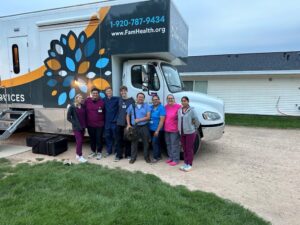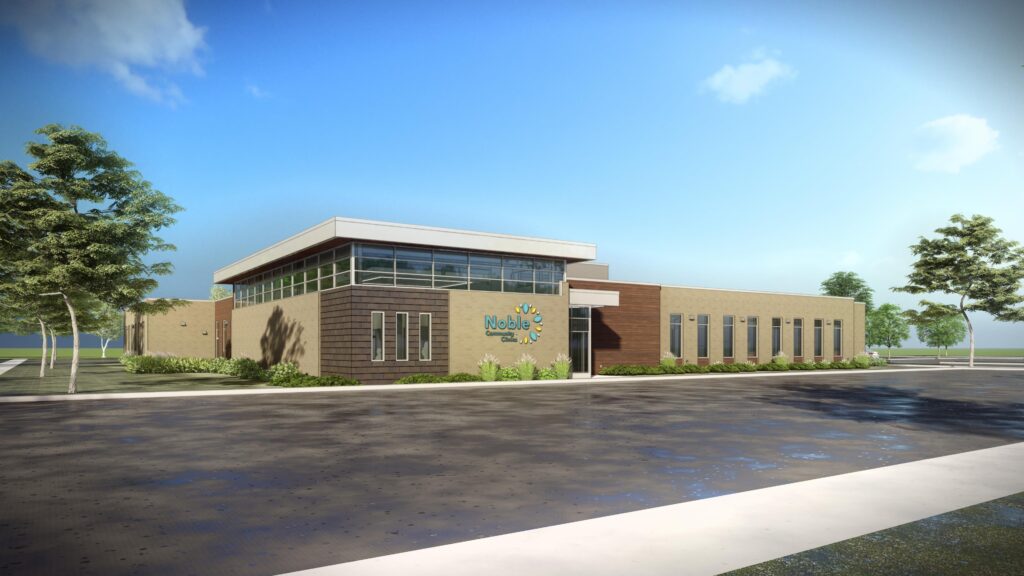Noble Community Clinics is building a new Stevens Point facility to better service area needs
By Joe Kertzman, managing editor, Badger Common’Tater

“We provide supporting services to all, including but not limited to insurance enrollment, referral management, and transpiration,” says Ivan Coziahr, chief operating officer for Noble Community Clinics. “Cost for discounted services is based on income and household size via a sliding fee scale. A person may qualify even if they have commercial insurance, but perhaps are on a high deductible plan.”
Noble Community Clinics also operates a mobile unit that travels to farms, migrant labor camps and businesses, making it seamless for employers to provide health care, dental and other services to employees at reduced rates or virtually no cost (depending on income) through federal grant funding.
With “50 years of caring” under its belt, Noble Community Clinics provides medical, dental, behavioral health, and mobile health services, as well as substance use recovery, in-house retail pharmacy, and in-school preventive dental services. It will also add chiropractic and optical services in its new Stevens Point location.
Seven locations serve patients throughout Wisconsin with access to everyone, regardless of insurance income, language, or age, filling a gap in medical services and offering high-quality, affordable care.
The clinic began with a small group of activists and medical volunteers in the 1960s and was formally organized in Wautoma, in 1973, specifically to address the needs of migrant and seasonal agricultural workers in the state of Wisconsin, the most underserved people in the area.


